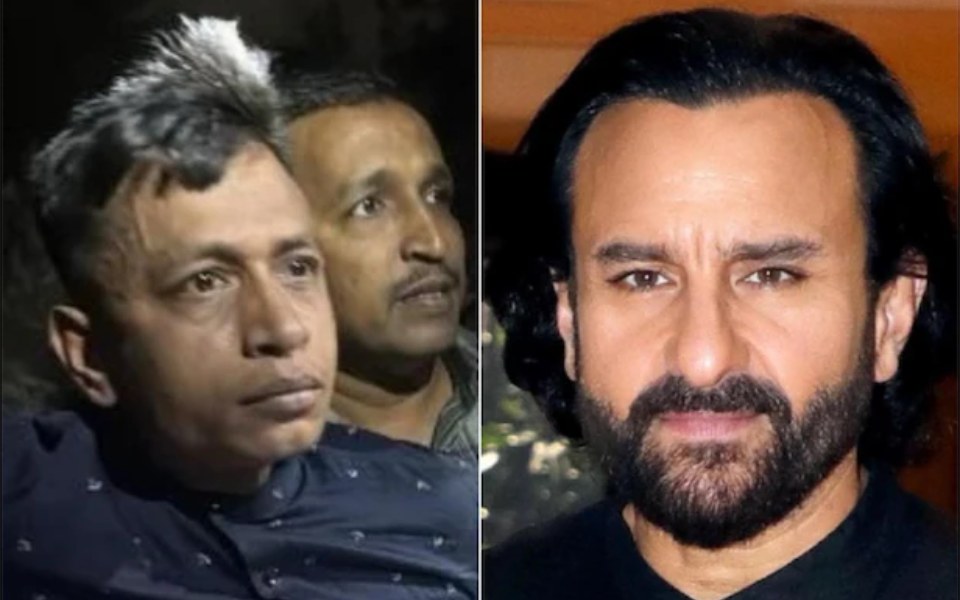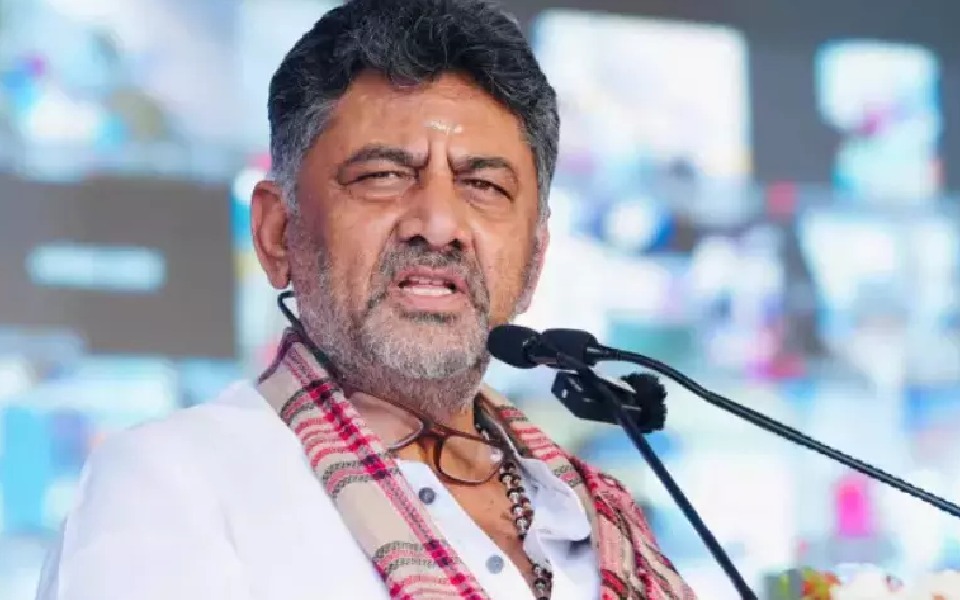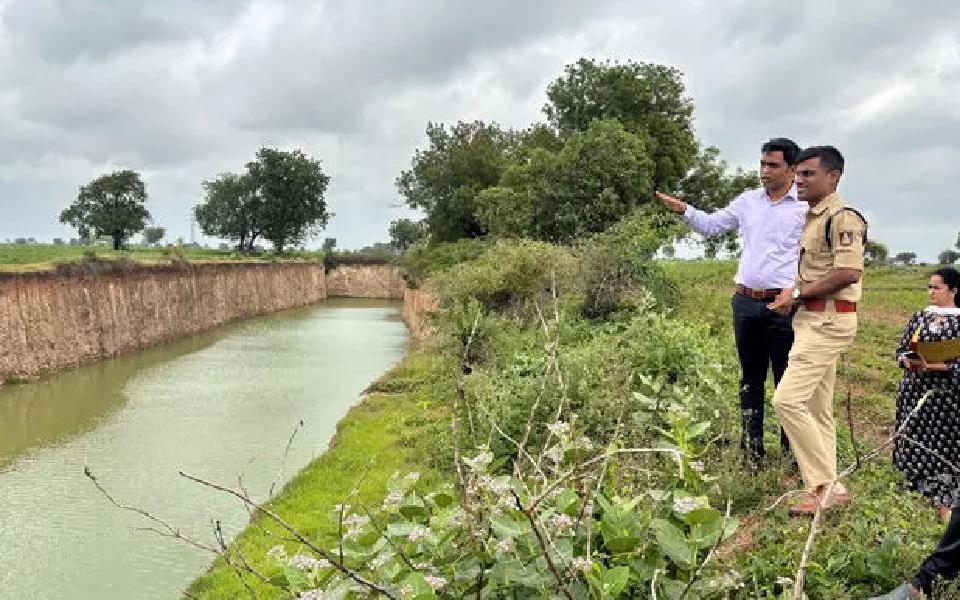Mumbai: The leaked health insurance claim document of actor Saif Ali Khan has stirred widespread debate on social media, highlighting the stark disparities in how insurance companies handle claims for celebrities compared to ordinary citizens. The document, leaked on the microblogging platform X, revealed that Khan filed a claim of ₹35.95 lakh with Niva Bupa Health Insurance for his treatment costs. However, the insurer approved ₹25 lakh, while the final hospital bill amounted to ₹26 lakh.
The incident has drawn attention to the challenges faced by middle-class policyholders. Dr Prashant Mishra, a cardiac surgeon at Tunga Hospital, criticised insurance companies for their leniency towards luxury hospitals and celebrities, stating, "For smaller hospitals, insurers rarely sanction amounts exceeding ₹5 lakh." He also expressed concerns over the rising premiums caused by such practices.
Real-life cases from citizens further highlighted the inconsistencies. Mahesh Seth, whose wife underwent hip and knee surgeries, had to pay ₹4 lakh upfront as the hospital was not in the insurer's network. He was later reimbursed ₹3.88 lakh, with certain expenses deemed non-reimbursable. Similarly, Kiran Karkera, 28, recounted the tedious process of navigating claims after his spine surgery, despite having a top-up policy.
A Goregaon resident shared her ordeal after her endoscopy claim for ₹15,000 was rejected on technical grounds, as it was classified as an OPD procedure. Insurance consultant Mahavir Chopra pointed out the limitations of cashless insurance policies during emergencies, citing instances where immediate payments were required, leaving policyholders to bear the financial burden temporarily.
Responding to the controversy, a spokesperson for Niva Bupa Health Insurance clarified that treatment costs vary depending on factors like hospital location, severity of the condition, and room type. Claims are processed per policy terms, with customers required to follow specific procedures for cashless or reimbursement claims.
Let the Truth be known. If you read VB and like VB, please be a VB Supporter and Help us deliver the Truth to one and all.
Mumbai, Jul 25 (PTI): Police have opposed the bail plea of the Bangladeshi national arrested for allegedly stabbing Bollywood actor Saif Ali Khan with a knife and injuring him at his home here in January this year, telling a Mumbai court there was "strong evidence" against the accused.
Citing a Forensic Science Laboratory report, police reiterated before the sessions court their earlier claim knife fragments that got lodged near the actor's spine during the attack as well as a part found at the crime spot have matched with the weapon recovered from the accused, Shariful Islam.
These three pieces were part of the same weapon (knife) used to attack the filmstar, the police said in a written response to the accused's plea submitted in the court on Thursday (July 24).
Khan was repeatedly stabbed with a knife by an intruder inside his 12th floor apartment in upscale Bandra on January 16 during a robbery attempt.
The 54-year-old actor underwent surgery at Lilavati Hospital to remove a piece of knife that got lodged near his spine during the attack. He was discharged from the private hospital after five days.
Shariful Islam, a Bangladeshi national, was arrested two days later for allegedly stabbing Khan.
The police, in their response, highlighted that the accused is a Bangladeshi citizen residing illegally in India.
If granted bail, there was a possibility that he may flee India and not appear before the court during the trial. The crime committed by the accused is of a "very serious nature, and strong evidence" is available against him, they argued.
In his bail plea, filed through advocate Vipul Dushing, the accused asserted he was innocent and had no prior criminal record.
Investigation into the case has practically concluded with only the filing of a chargesheet pending, the accused contended while seeking bail.
The alleged attacker has been booked under Bharatiya Nyaya Sanhita (BNS) sections related to house trespass, robbery and dacoity with attempt to cause death or grievous injury.





